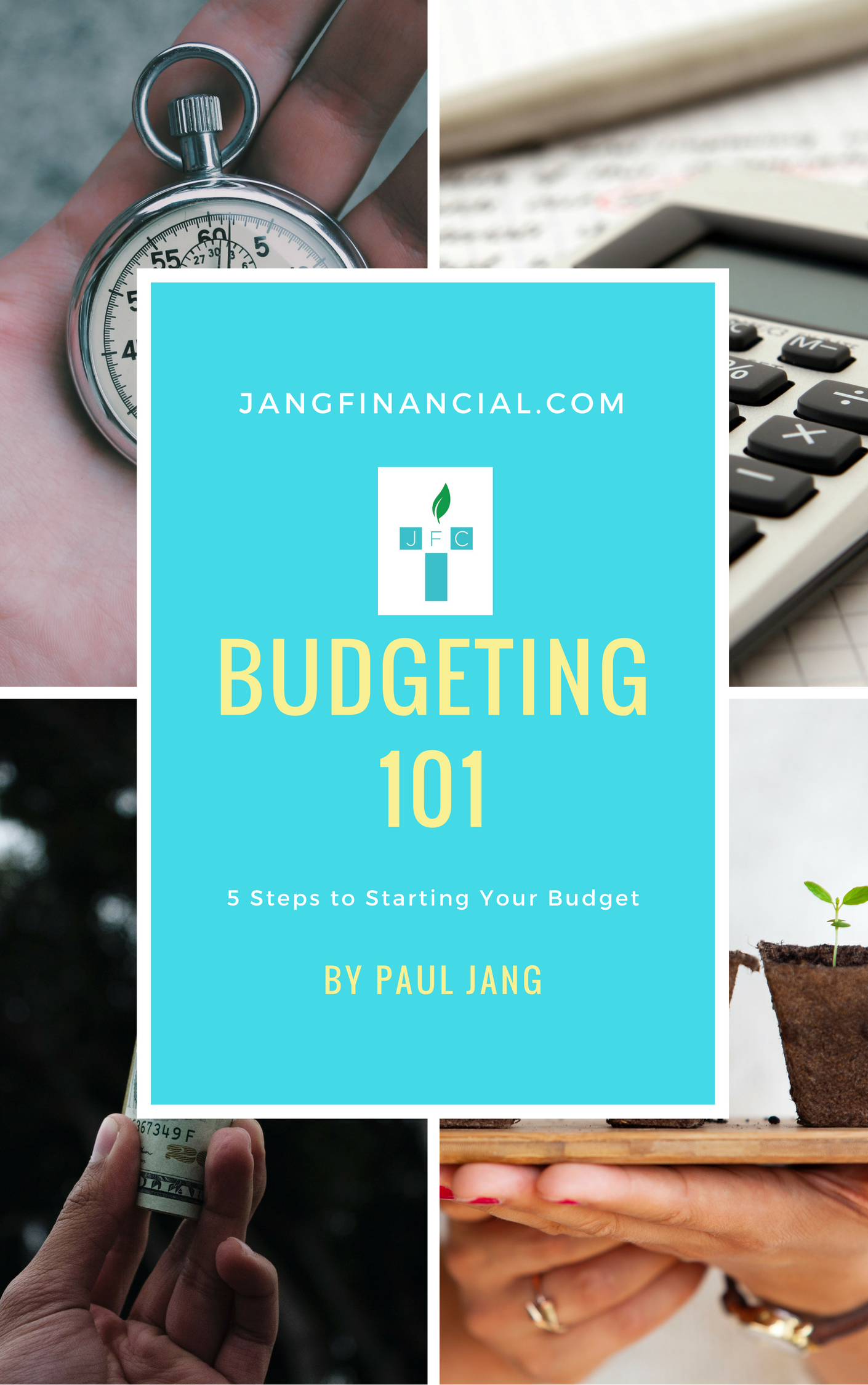So this week, the salesman from the used car dealer continued introducing us to various minivans, mainly Toyota Sienna LE. They were mainly 2014 models, ranging from 36,000 miles to 45,000 miles. Don’t get me wrong, the minivans were good, and the asking prices were reasonable. One thing for sure, though, is that those vans were really pushing our budget to the max.
I had to do what was uncomfortable as I did not want to waste more of the salesman’s time or mine. I expressed my gratitude to the salesman for his time and effort, but I told him that we were looking for a great deal, and looking closer to the $15K budget than $18K. Definitely not exceeding $18K. I reminded him that we were not in a rush to buy a minivan and that we really wanted to wait. I had to clarify my expectations as well as his as my previous experiences with a different salesman there were a vastly different.
As a buyer who is not in a rush, we started looking at other places for a better deal. Eventually, my wife found a 2015 Honda Odyssey LX with around 36000 miles with an asking price of $17500. When we checked the model, mileage and condition at KBB.com, we realized that the seller was looking to sell the van for close to the maximum private sales price. We called and asked why they were selling the van and we were told that they were leaving the country at the end of February. We asked if they were willing to sell it for $16000, that we can pay cash, and close right away.
To be honest, we liked this minivan, but this wasn’t a great deal. Not yet. The owner told us that they’ll get back to us.
The seller contacted us a few days later, now asking for $16750. The price was better but we weren’t quite there yet. After all, they had about a month and a half left to sell the van, and we were more interested in buying it for closer to $16250, which is a few hundred dollars more than what they would get if they were to sell it to the dealers. Yes, I wanted to save another $500. After all, if we were going to buy this van, I wanted to take it to my mechanic and pay a few hundred dollars to have him take a good and thorough look at it to make sure we were getting a car without any major problems. We gave our offer of $16250, and left it with that.
As my wife and I were going through this week of looking for a good used minivan within our budget, we relearned few lessons we had learned about 10 years ago when we bought our current 2000 Toyota Sienna.
1) Stay away from debt and don’t buy more than you can afford. I have to admit that the salesman kept bringing vehicles that were really pushing out budget, or going beyond it, even encouraging us to finance the vehicle so we can get a great car. We were constantly pushed and tempted to get more than we could afford. We had to constantly remember to stay within our means.
2) Don’t rush. Take your time. The dealer was clearly incentivized by making his sale fast, and we were pushed to decide quickly, telling us that we would miss a great deal if didn’t act quickly. To be honest, I was tempted at times to get rid of the beater minivan that my wife was driving. After all, it was inconvenient with various non or poor functioning parts from power widows, non-functioning door, leaking oil, etc. However, the more I learn about people who manage their finances well, I learn that they don’t buy things last minute or when they feel urgent. Convenience always has a high price. When we are not desperate, we can wait for a great price. We learned to be patient again. We learned again how to walk away and be okay with that.
3) Don’t be afraid to negotiate. Now that we were dealing directly with the owner instead of the dealer, I knew that I had to negotiate the price more. To be honest, I don’t really like to negotiate prices. I think there are many of us living in America who don’t like to negotiate. I typically do research on prices of various goods online, and when I find the best deal, I either order online or go to the store and just buy the item. After all, when was the last time you went to a department store and tried to negotiate? Most of us don’t do that. However, while our culture might make us feel uncomfortable or embarrassed about this whole price negotiation process, the majority of the world’s commerce operates with haggling of prices. It’s expected and some take offense when you don’t try to make a deal. If the owner of this 2015 Honda Odyssey ends up selling for the maximum private seller price, I would be happy for them. But if they get no buyers by the end of February, I want to be able to offer them a price that is better than a dealer but also better for us than what they were offering now. Don’t be afraid to negotiate prices.
4) Cash rules. The fact that we have saved up cash for the past 5 years and actually have the money readily available positions us well as a buyer. We can simply write a check. We don’t need to get a loan from a bank. My current 2010 Hyundai Sonata was purchased about 4 years ago in a similar way with cash. Start saving up for your next car you need to replace. It will position you well for a great deal and keep you away from debt.
My wife and I will keep on praying, asking the Lord for contentment and patience, and wait for the Lord to bless us with a minivan that is the right condition and price for our family. Yes, our current minivan has many inconveniences, but my wife is awesome. She keeps insisting that since we had recently spent several hundred dollars fixing it up, we need to get our money’s worth and drive it more. Praise the Lord for a wife such as her. My wife is a gift from God.
We still choose to thank the Lord for what He has given us. We thank the Lord that our 2000 Toyota Sienna with 165,000 miles, despite all its inconveniences and non-functioning parts, still is safe to drive and runs relatively well. We continue to wait and pray that one day the Lord will bless us with a great used minivan that will be a blessing for our family.
I continue to mediate the famous, though often taken out of context, verses from Philippians 4:11-13, as Apostle Paul speaks of God’s provision, boldly teaching the Christians of Philippi how he has learnt to be content in whatever situation. Whether the Lord blessed him with abundance and need, plenty and hunger, Apostle Paul was able to praise God and do all things through Christ who strengthened him. We too long to utter and live out those words for God’s glory.
Are you ready to get started? Contact me at paul@jangfinancial.com if you want to help disciple your congregation as God-honoring stewards from a biblical perspective, or if you yourself want to grow as a steward seeking to practically manage the finances better to hear from our Lord upon his return, “Well done, good and faithful servant. You have been faithful over a little; I will set you over much. Enter into the joy of your master.” (Matthew 25:21, 23)
Questions to ponder:
1. When it comes to cars (or other significant purchases), do you buy more than you can afford? Proverbs 22:2 teaches us that the borrower is the slave of the lender. How is the Lord speaking to your heart and your spending lifestyle?
2. Proverbs 21:20 teaches us, “Precious treasure and oil are in a wise man’s dwelling, but a foolish man devours it.” How can you start patiently saving for future purchases? What makes it especially hard for you to do so?
Paul Jang
Pastor | Personal Financial Coach to Individuals & Financial Stewardship Ministry Consultant for Churches
www.jangfinancialcoaching.com
*If you want to automatically receive this weekly blog, sign up for a free budgeting e-book at www.jangfinancial.com.











